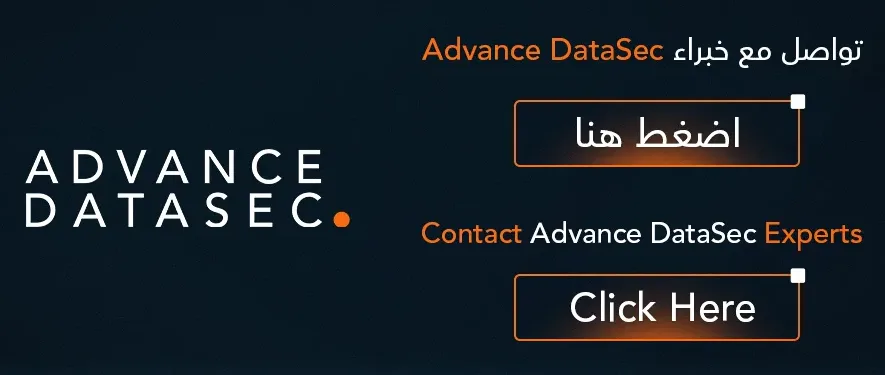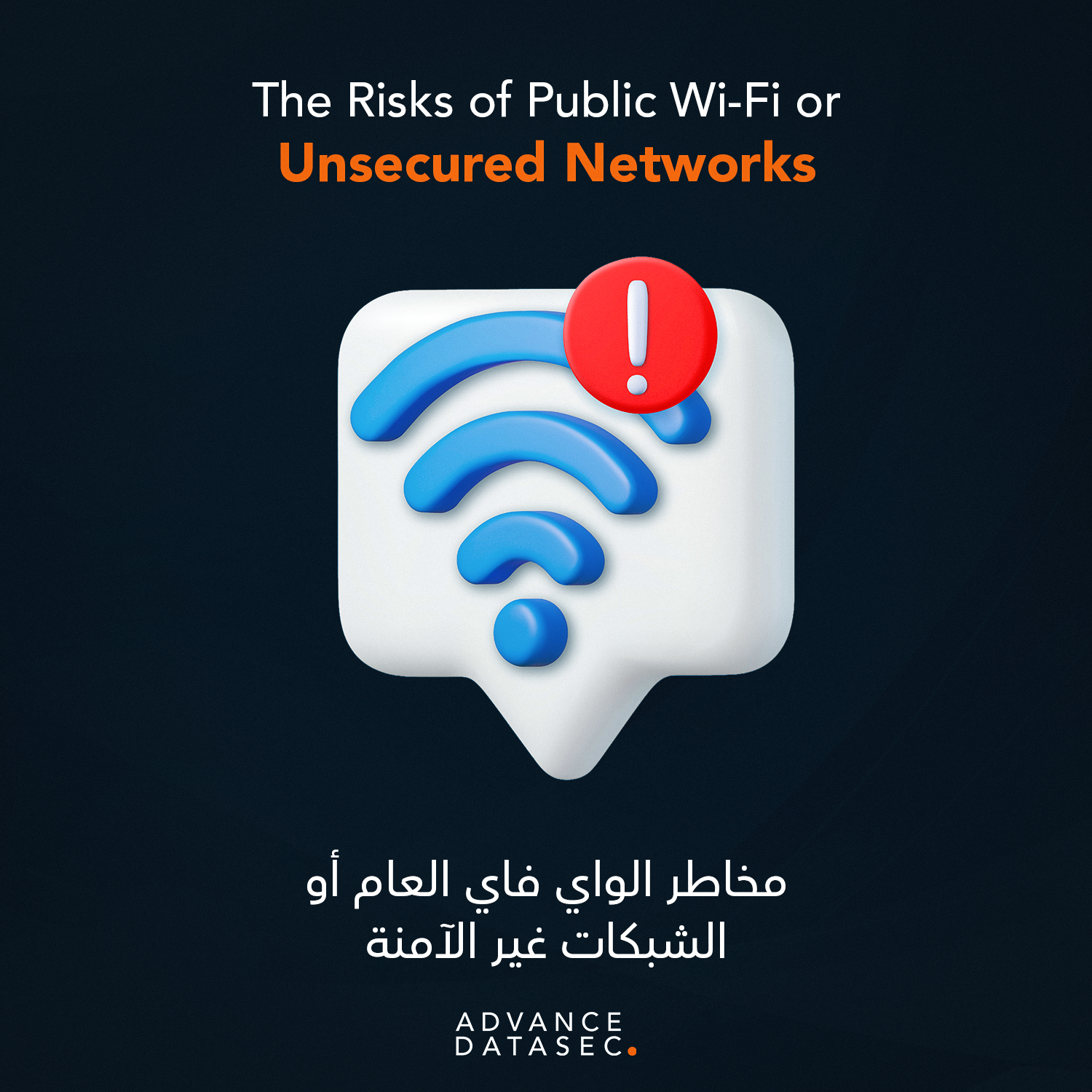In an era where digital transformation defines business success, the threat landscape evolves almost hourly. For businesses in Saudi Arabia and across the globe, simply reacting to cyber threats is no longer a viable strategy. Modern defense requires foresight, precision, and a proactive posture. This is where Ethical Hacking, or penetration testing, steps in—not as a risk, but as an essential investment in digital longevity.
Ethical hacking is the practice of simulating real-world cyberattacks on an organization’s systems, networks, and applications, with explicit permission, to identify and rectify security vulnerabilities before malicious actors can exploit them. The value derived from this practice is immense, offering far-reaching strategic advantages. This comprehensive guide explores the most critical benefits of ethical hacking for organizations committed to securing their digital assets and ensuring business continuity.
Proactive Defense: Eliminating Threats Before They Strike
The most fundamental and compelling benefit of ethical hacking is the shift from a reactive to a proactive defense model. Unlike traditional security audits that check for known configurations, ethical hacking actively seeks to penetrate defenses using the same tools and methodologies as criminal hackers.
Identifying Vulnerabilities Before Bad Actors
Ethical hackers, often called “White Hat” hackers, possess the mindset of an adversary. They don’t rely on automated scans alone; they employ creative problem-solving to find logical flaws, configuration errors, and zero-day vulnerabilities that automated tools might miss.
By simulating attacks like SQL injection, cross-site scripting (XSS), and sophisticated social engineering attempts, ethical hacking pinpoints the exact entry points an attacker would use. This comprehensive reconnaissance provides organizations with a detailed, prioritized report on weaknesses, allowing them to patch, fix, and reinforce security controls precisely where they are needed most. This preemptive identification dramatically shrinks the attack surface.
Simulating Real-World Attack Scenarios
A crucial aspect of ethical hacking is its ability to test the entire security apparatus, from the technology itself to the response team’s readiness. Penetration tests, especially advanced persistent threat (APT) simulations, go beyond simple vulnerability scanning. They gauge how long it takes for the security operations center (SOC) to detect a breach, how effectively the incident response plan functions, and whether internal security policies are truly enforceable.
This simulation provides invaluable, hands-on experience for IT and security teams. They learn under pressure, refine their detection signatures, and optimize their response workflows, turning potential crisis scenarios into training opportunities.
Fortifying Security Posture and Achieving Compliance Mandates
In regulated environments, particularly in the KSA where adherence to standards like NCA ECC, NCA CCC, and SAMA CSF is mandatory, the strategic benefits of ethical hacking extend directly to compliance and governance.
Strengthening Security Infrastructure
Ethical hacking provides an objective, third-party validation of an organization’s existing security controls. It tests the resilience of firewalls, the robustness of network segmentation, the strength of authentication mechanisms (including multi-factor authentication, or MFA), and the security posture of cloud configurations.
When an ethical hacker successfully breaches a system, it’s not a failure, but a gift—it provides the empirical evidence needed to justify investment in stronger security technologies and staff training. The process moves an organization from having security products to possessing a demonstrably secure posture. This is particularly vital for web application and network penetration testing, which ensure that crucial business applications and infrastructure can withstand persistent assault.
Meeting Strict Regulatory Requirements
Many modern data protection and industry-specific regulations require periodic penetration testing as a mandatory part of compliance. In Saudi Arabia, for instance, financial institutions and critical national infrastructure must adhere to stringent cybersecurity controls.
Regular ethical hacking engagements produce the necessary documentation and evidence of due diligence required by auditors and regulatory bodies. By demonstrating a proactive commitment to finding and fixing vulnerabilities, organizations not only satisfy legal obligations but also avoid the severe financial penalties and operational disruptions associated with non-compliance. It is, therefore, a core component of a sound Governance, Risk, and Compliance (GRC) strategy.
Minimizing Financial Loss and Protecting Reputation
While often viewed as a cost center, ethical hacking is one of the most effective methods of long-term cost avoidance. The financial and reputational advantages of proactive testing are significant.
Minimizing Data Breach and Downtime Costs
The true cost of a data breach extends far beyond regulatory fines. It includes:
- Forensics and investigation fees.
- System remediation and recovery expenses.
- Legal costs and potential lawsuits.
- Customer notification expenses.
- Operational downtime and lost revenue.
According to global reports, the average cost of a data breach is measured in the millions of dollars. By investing a fraction of that amount into ethical hacking, organizations can prevent an incident entirely. The return on investment (ROI) for preventing one major breach far outweighs the cost of multiple penetration tests, making the fiscal advantages a clear and undeniable benefit of ethical hacking.
Protecting Brand Reputation and Customer Trust
In today’s interconnected market, news of a cyberattack spreads instantly, severely damaging a brand’s reputation and eroding customer trust. Customers are increasingly sensitive to how companies handle their personal data.
A history of rigorous, documented security testing—enabled by ethical hacking—provides a powerful, silent marketing message: this organization takes security seriously. Conversely, a public breach can lead to irreversible loss of market share, damage to partner relationships, and a lasting stain on the brand. For businesses that handle sensitive customer information, ethical hacking is critical for maintaining market credibility.
Strategic Value and Cultivating a Security Culture
Beyond the technical fixes, ethical hacking provides invaluable strategic intelligence that informs budgetary decisions and transforms internal culture.
Prioritizing Security Investments and Resources
A penetration test report doesn’t just list vulnerabilities; it prioritizes them based on severity and exploitability. This data-driven approach allows decision-makers to allocate security budget and staff resources most effectively. Instead of guessing where to spend, companies know exactly which systems require immediate attention, which security controls need enhancement, and which staff members need specialized training.
This ability to prioritize ensures that limited resources are focused on high-risk, high-impact vulnerabilities, maximizing the security posture for every dollar spent. The continuous cycle of testing and remediation becomes a key strategic driver for digital transformation.
Establishing Continuous Improvement Processes
Ethical hacking is not a one-time activity; it is a critical process within a Continuous Integration/Continuous Delivery (CI/CD) pipeline and overall security lifecycle. Regular testing ensures that as the IT environment evolves—with new applications, cloud migrations, and network changes—security does not lag behind.
By integrating ethical hacking into the development process (known as DevSecOps), security becomes an intrinsic part of the business, not an afterthought. This helps cultivate a security-conscious culture where every employee understands their role in the defense perimeter, from developers writing secure code to administrative staff recognizing phishing attempts. This transformative shift is perhaps the most enduring long-term benefit of ethical hacking.
Conclusion: Securing Tomorrow, Today
The modern digital economy demands a proactive and intelligent approach to cybersecurity. The benefits of ethical hacking—from neutralizing threats before they materialize and ensuring critical regulatory compliance to protecting invaluable brand equity and guiding strategic security investments—make it an indispensable practice for any forward-thinking organization. It is the ultimate form of stress-testing for digital resilience, ensuring that when the real attacks come, your systems are prepared, and your business stands strong.
Don’t wait for an attack to expose your weaknesses. Take control of your security posture today.
Are you ready to transform your organization’s security from guesswork to certainty? Contact Advance Datasec now for a consultation and secure your business continuity with our expert Offensive Security services.

For More Articles:







